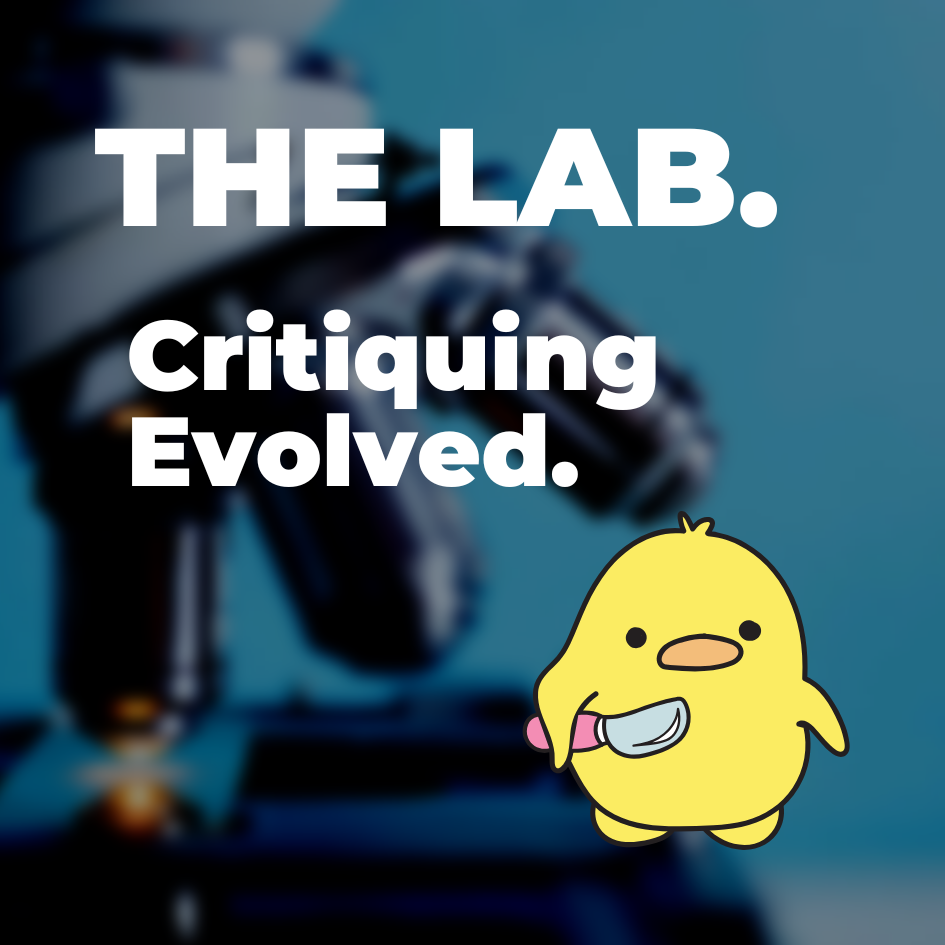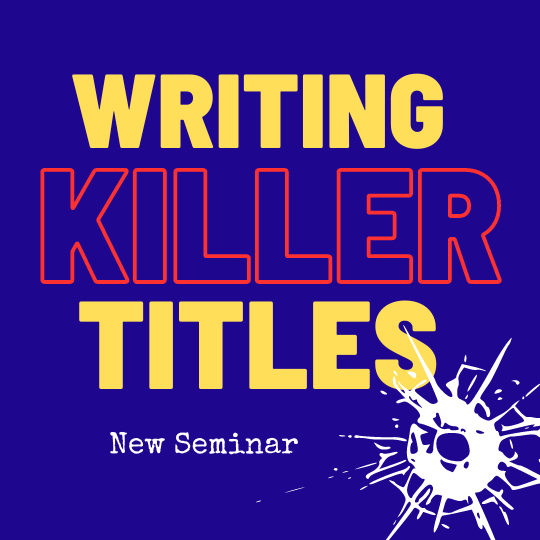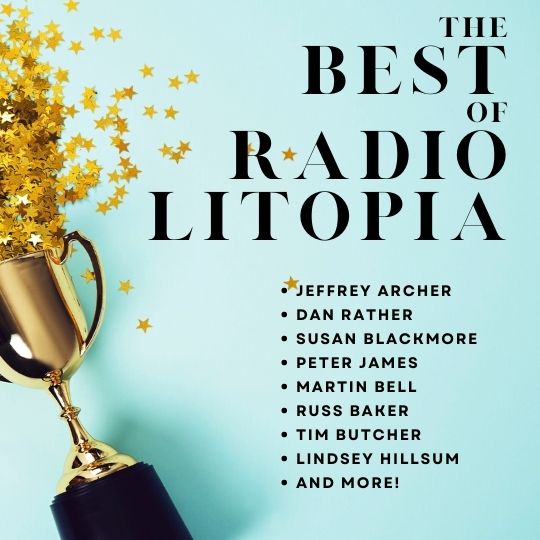Serra K
Basic
I'm interested in hearing how you deal with writing passages of time, whether it be days, weeks, or years.
Do you prefer headings with dates, the simple use of 'three days later', the passing of seasons, or other methods?
In my books I have passages of time with various lengths and the one I'm working on now is a jump of one week followed by a jump of two weeks.
I'm not a fan of beginning my chapters with dates, neither do I pay much attention to them when reading. I wish I could come up with an artful way of doing this but I'm in the dark on this one.
Thanks!

Do you prefer headings with dates, the simple use of 'three days later', the passing of seasons, or other methods?
In my books I have passages of time with various lengths and the one I'm working on now is a jump of one week followed by a jump of two weeks.
I'm not a fan of beginning my chapters with dates, neither do I pay much attention to them when reading. I wish I could come up with an artful way of doing this but I'm in the dark on this one.
Thanks!






